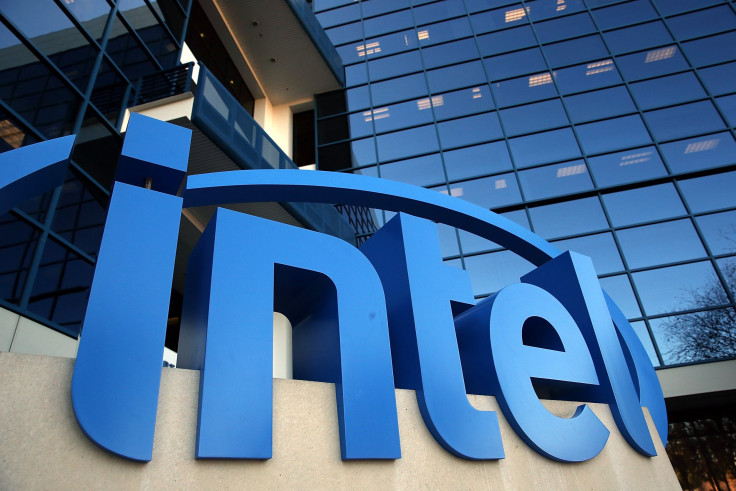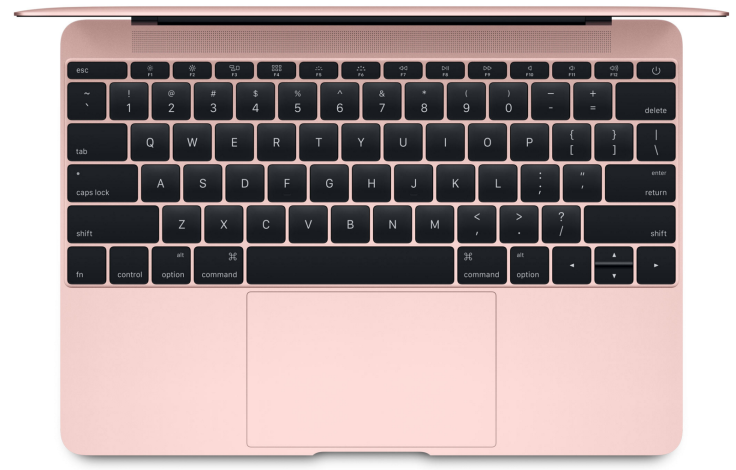Intel (INTC) Woes Reflect PC Decline, But How Will It Impact Microsoft (MSFT), AMD, Apple (AAPL) And Google (GOOG) Earnings?

The personal computer industry has been in decline for years, and Tuesday we saw yet more fallout when Intel announced it was cutting 11 percent of its global workforce. The PC revolution drove Intel's fortunes for years, but now the company is suffering in a world where smartphones are increasingly becoming the primary computing device.
As we look to Microsoft, AMD, Apple, Google and many other tech companies announcing their latest earnings results over the next week, we'll see how the rest of the industry is being affected by the PC crash.
Depending on which set of figures you give more credence to, the PC industry declined by between 9.5 percent (Gartner) and 11.5 percent (IDC) in the first three months of 2016. Either way is it not good news for the companies who have built their businesses on PC and laptop hardware, chips and software. And it's not going to get better anytime soon.
“In the short term, the PC market must still grapple with limited consumer interest and competition from other infrastructure upgrades in the commercial market,” Jay Chou, research manager at IDC said in a statement.
In addition to cutting jobs, Intel has cut its revenue forecast for the rest of 2016 and in an interview with CNBC on Wednesday, CEO Brian Krzanich said the company needs to focus on areas other than chips for PCs.
“What we really need to do is operate efficiently while shifting and accelerating faster into those growth areas,” Krzanich said, mentioning programmable chips and the Internet of Things. The problem for Intel is that it's been so PC-focused that any significant shift would likely take awhile.
U.S. chipmaker Advanced Micro Devices (AMD) will also report its latest results on Thursday and analysts are not predicting good news. The consensus on Wall Street based on analysts polled by Thomson Reuters is for revenue to be $818 million for the quarter, which would represent a 20.6 percent decline year-on-year, directly reflecting the weakness in the PC market.
As Intel and AMD show, chipmakers who failed to gain a foothold in the smartphone and tablet markets are struggling to survive in a world where desktops and laptops are no longer seen as truly personal computers.
Adding to the problems for companies like Intel and AMD is the tightening of corporate IT budgets, with market research company IDC reporting a “major slowdown" in spending in 2016, meaning the PC market is unlikely to get a significant boost from businesses buying new computers. IDC predicts IT budgets will grow just 2 percent in 2016, compared to an average of between 5 percent and 6 percent in the last five years.
And yet Microsoft, a company once inextricably tied to the success of the PC, is expected to report yet another strong quarter Thursday, with the software giant on a roll of beating Wall Street estimates for four quarters in a row.
Satya Nadella, when he took control of the company from Steve Ballmer in early 2014, expressed his vision for Microsoft as “cloud first, mobile first.” Nadella has steadily worked to expand Microsoft’s footprint in mobile, not through its own failed Windows Phone effort but by making its key revenue drivers, such as Office, available on all platforms, including Apple’s iPhone and iPad and Google’s Android operating system.
While Windows 10 has become the fastest-adopted version of the company’s operating system — installed on over 270 million devices — it's not from people buying new PCs but because Microsoft gave away Windows 10 for free.
The results of this change in strategy for Microsoft have been striking. Office 365 revenue rose 70 percent year-on-year in the last three months of 2015 as IT departments the world over look to move to cloud-based computing — which doesn’t require an investment in expensive hardware upgrades every couple of years.
Mirroring the decline in shipments of PCs from a peak in 2011 has been the huge growth in the smartphone market, with companies like Apple, Samsung and Google all profiting from the switch in how we connect and communicate.
These companies will report their latest earnings this week and next, and while none are likely to have to lay off 11 percent of their workforce, the situation for those heavily invested in the smartphone market is not as rosy as it's been in recent years.
Apple is expected to report revenues of $52 billion, according to estimates gathered by Thomson Reuters, which would represent a decline of 10.4 percent year-on-year. While the company is far from just a smartphone maker, the biggest factor in the expected decline is the slowdown of sales of the iPhone.

Samsung has been feeling the slowdown in the smartphone market combined with increased competition for a couple of years, but its first-quarter results — due Thursday — are likely to be boosted by better-than-expected sales of its Galaxy S7 smartphones with the company predicting an increase in revenue of over 10 percent year-on-year.
Alphabet, which relies on search for the vast majority of its revenue, will announce its results Wednesday after the closing bell. While the company’s desktop search has dominated for the last decade, it is now pushing for Android and mobile search to be just as profitable.
Analysts polled by Thomson Reuters expect the company to report operating profit of $4.4 billion in the first quarter of 2016, up from $3.5 billion in the same period last year. But it's not all smooth sailing for the search giant, as the European Commission has just charged the company with anti-competitive practices in relation to Android, which could significantly impact the way the company operates in Europe.
© Copyright IBTimes 2024. All rights reserved.












